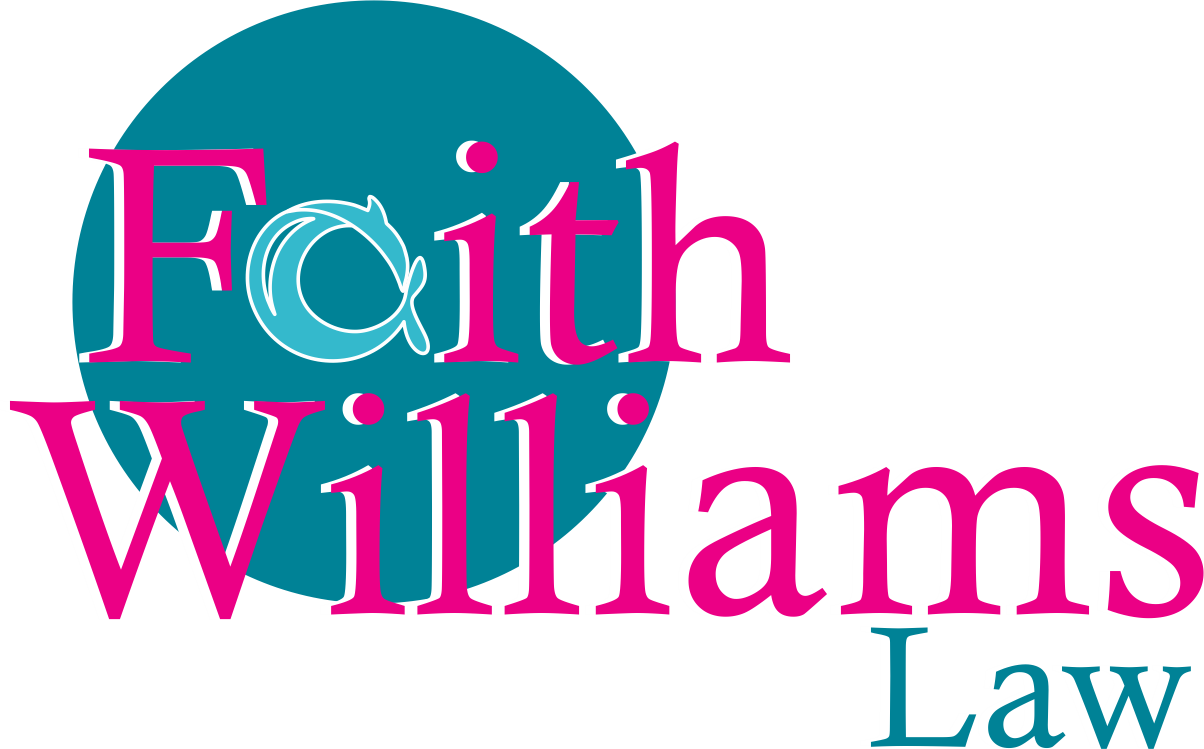How to arrange child maintenance
When a relationship ends, if you are the parent who does not have responsibility for the day-to-day care of your child or children, you may have to pay money to your former partner. This is known as child maintenance.
It is important to understand that both parents are legally responsible for the cost of supporting their children. Depending on the family’s financial circumstances and the arrangements they wish to make, this agreement can take the form of a private arrangement or you may take advantage of a government scheme. If large sums are involved, or the situation is complex then you may need a Court Order.
Options for child maintenance
Clearly, a family agreement is the preferred route for many couples. This is usually the easiest and quickest option, but it depends on the parties agreeing and divorce can be a stressful time, making it difficult for parents to come to an accord which suits both sides. It is important to understand that the future well-being of the children is a vital consideration when parents separate.
Although this may be the best option, such an agreement is not legally binding, so if the agreed payments do not materialise, you cannot go to court to enforce the arrangement. If the agreement fails, the alternative of a government-backed enforceable agreement is still available, ensuring that payments are made.
The Child Maintenance Service (CMS) runs a scheme for new applicants who have not been able to reach a family agreement. A small fee of £20 applies to the process, known as the 2012 Scheme.
The Child Support Agency (CSA) runs two earlier plans known as the 1993 Scheme for cases opened before 3 March 2003 and the 2003 Scheme for matters opened after that date. Although no new applications are accepted under these schemes, the CSA will still manage existing cases.
The CMS deals with all new applications, but a Court Order may be suitable in certain cases. These can occur when an ex-partner lives abroad, new expenses such as further education need to be considered, or a party has a high income and there is a claim for a higher payment than that calculated by the CMS.
Once an order is in place, the court can force the payment of maintenance.
You can go online and use the CMS calculator to see what the statutory award would be and use this as the basis for a family agreement.
Impact of child maintenance on tax and benefits
If you are receiving maintenance, it will not affect any means-tested or other benefits you receive, nor will you be taxed on the support you receive from your ex-partner.
If you are paying towards the support of your children and are in receipt of benefits, you will pay £7 from that income if the CMS or CSA have made the arrangement. You will not normally receive any tax relief on any payments you make.
Legal aid is not available for court cases to arrange these payments, although you may get help for other disputes involving child arrangements or for family mediation.
The requirement to pay support for a child will end if the parent who pays dies, although a child may be eligible to a part of any estate left, as a financial dependent. The parent who is not the primary carer will not have to pay child maintenance if they are under 16 years-of-age, are a full-time student or are currently in prison.
